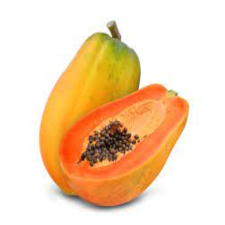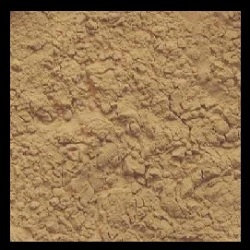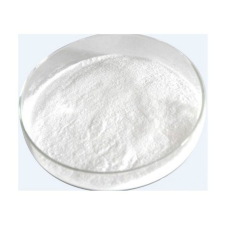Description
Papaya Enzyme
The popularity of natural, holistic skin and hair care treatments has risen exponentially over the years. Aryuvedic lifestyles are becoming more mainstream; and naturalists are frequently using ingredients such as papaya to combat issues associated with problem skin and hair. The natural enzymes in fruit are being utilized in a wide variety of hair and skin care products within the industry.
Papaya (Carica papaya) is native to tropical America, spanning the area from southern Mexico to the Andes in South America. Papaya Enzyme . They are considered to be “fast-growing, woody, large herb” plants that attain heights between 10 and 12 feet.
Branching is only typical of injured plants; and papaya thrives in warm well-drained climes. Spanish exploration brought the papaya to the Caribbean, Pacific Islands and back to Europe by the mid-17th century. Introduced in Hawaii during the 1800s, the papaya has thrived and become an important crop for export by the state. The enzymes within fruit as well as virtually all other organisms are natural catalysts (modify or increase the rate of a reaction without being consumed by the reaction) that regulate intrinsic functions such as fruit ripening and color changes in the plants’ leaves. Most enzymes are proteins, which loose functional activity as they denature.
Utilizing enzyme extractions from fruit is not a new practice. The benefits of enzymes have been known and practiced in Aryuvedic medicine as well as fold medicines for centuries. Enzymes in fruit are attributed with having functional properties for cosmetics. Papain in papaya is attributed with soothing skin irritations and exfoliated dead cells. It is also capable of retaining proteolytic activity over a wide pH range
| INCI Nomenclature: | Lactobacillus/Papaya Fruit Ferment Extract |
| Suggested Use Levels: | 1.0-10.0% |
| Appearance: | Clear to Slightly Hazy Viscous Liquid / Water Soluble |
| Application: | Improve appearance of fine lines and wrinkles |
| pH: (Direct) | 4.5-7.5 |
Storage: Protected from direct light and humidity at a temperature of 50°-77°F (10°-25°C)
The above information is for general research purposes only and is not a representation or warranty of any kind. This material is not intended to diagnose, treat, cure or prevent any disease. The user of this material is solely responsible for determining fitness for any particular use; requesting and reviewing the applicable Material Safety Data Sheet; and compliance with all applicable laws and regulations. Terms and conditions apply




Asmaa (verified owner) –
وصلني المنتج ج واستخدمته في احد التركيبات وبعد ايام تعفنت التركيبة ولم اعرف السبب حتى بع مرور شهر اكتشفت ان انزيم البابايا هو المتعفن وظهرت عليه طبقة عفن وهذا كان السبب.
I’ve received the product, l included it in a formula, then after days i noticed that the formula has been molded.. After time i opened the bottle of this papaya-enzyme and i found that it’s molded completely.
Upvote if this was helpful (0) Downvote if this was not helpful (0) Watch Unwatch Flag for removal